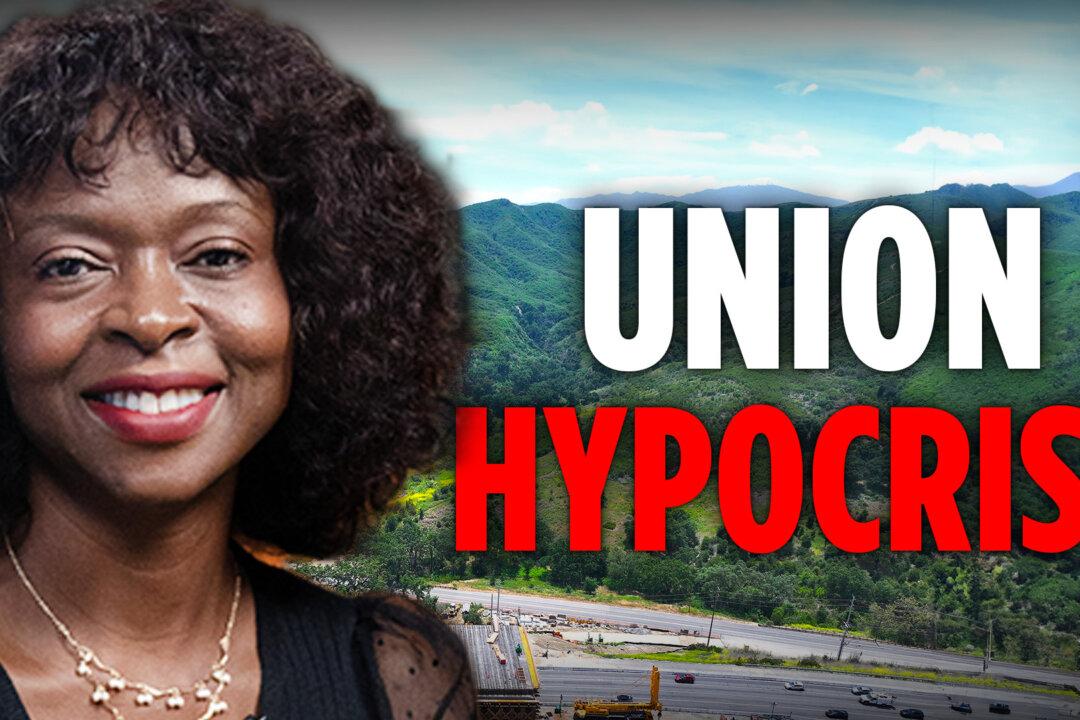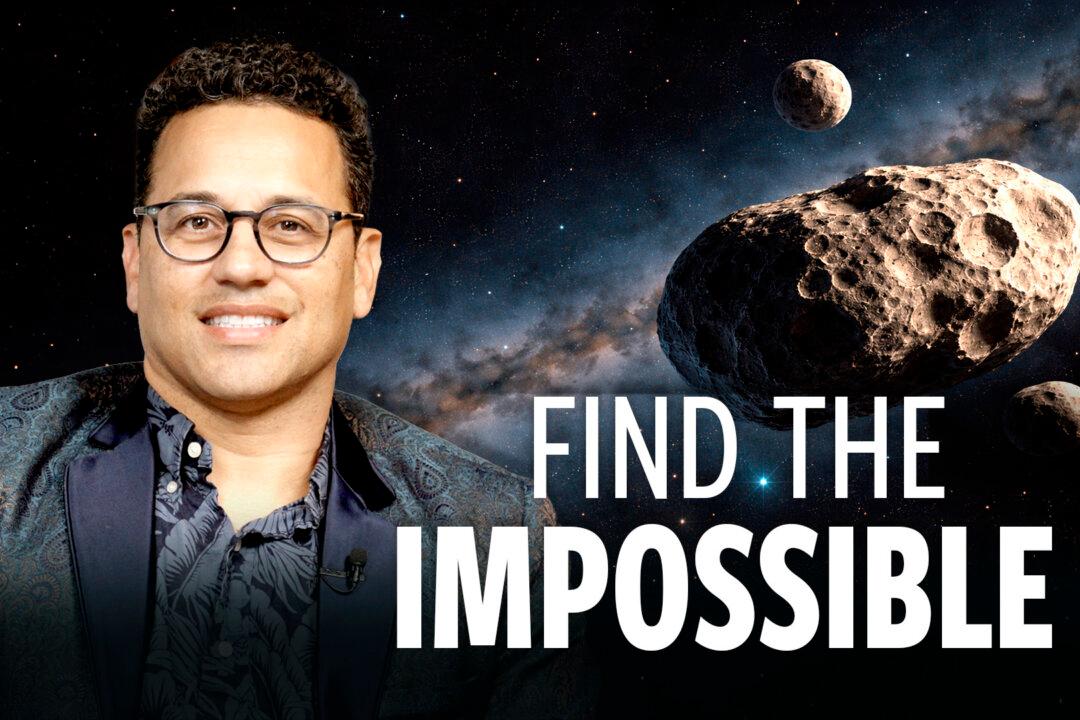Labor unions were formed to address unsafe working conditions and the lack of protections for workers. However, according to our guest Ebie Lynch, they have become overly politicized and less tolerant of members who hold different views.
Why I Left the Labor Union: An In-depth Look at the Evolution of Labor Organizations

Ebie Lynch Courtesy to Bay Area Innovators

Steve Ispas
Reporter
|Updated:
Steve is an investigative reporter based in the San Francisco Bay Area.
Author’s Selected Articles


